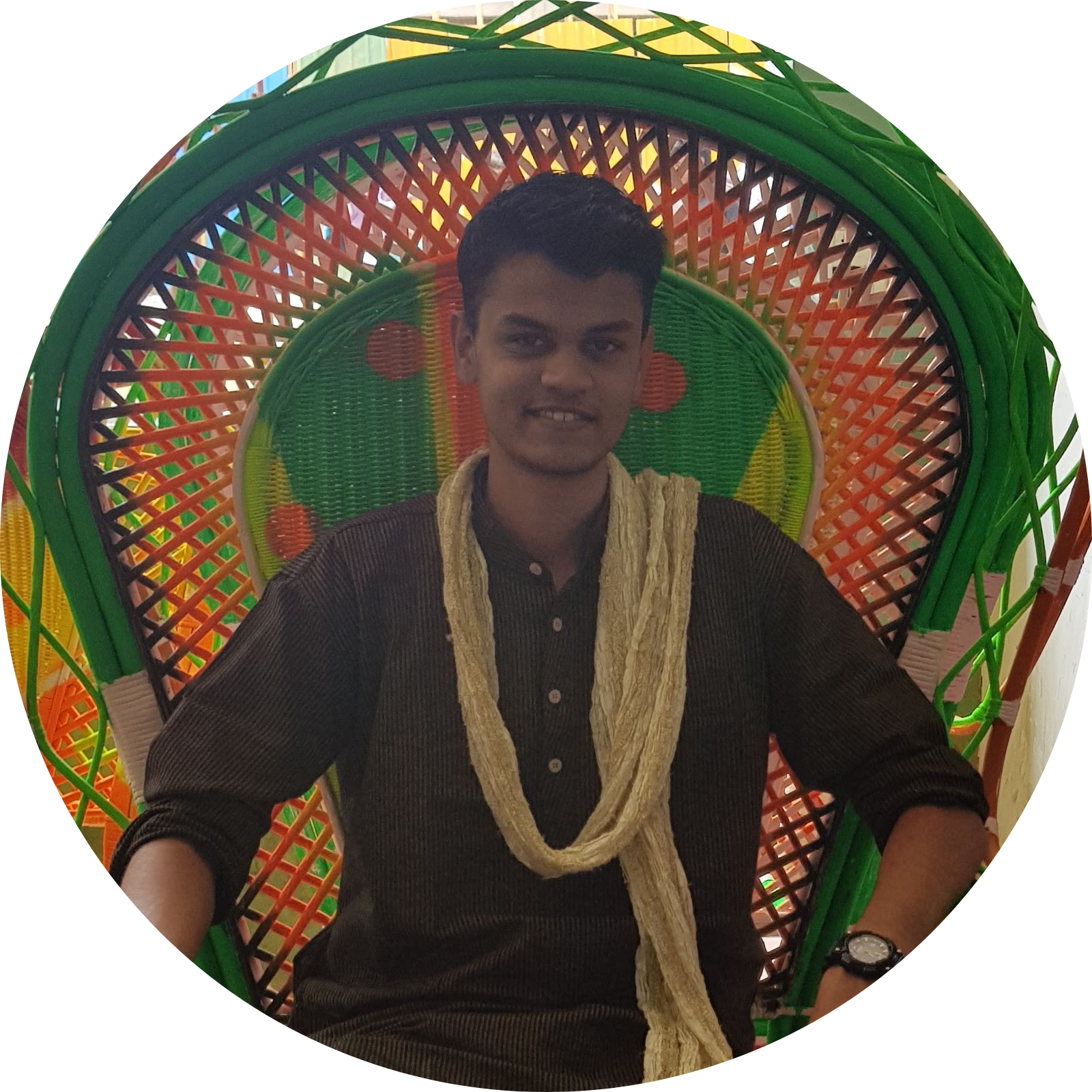
Madhav Mahesh Kashyap
Aspiring Machine Learning Engineer
Passionate about integrating cutting-edge research into real-world engineering applications
NLP + CS Graduate student at the University of Washington, Seattle
Ex Software Engineer 2 at Akamai Technologies
Bachelor's in Computer Science from PES University, Bangalore
Published research on self-supervised speech denoising and evolutionary algorithms
In my free time you can find me hiking or practicing Carnatic music.
